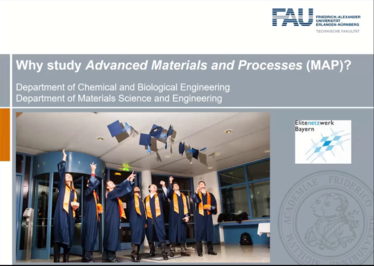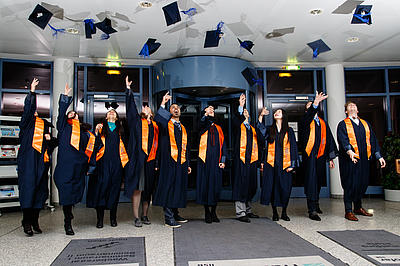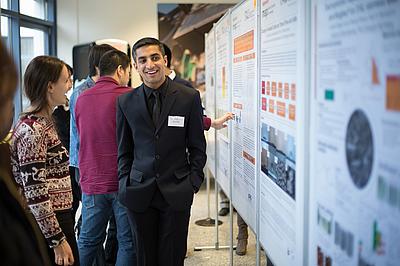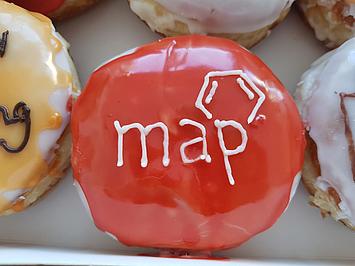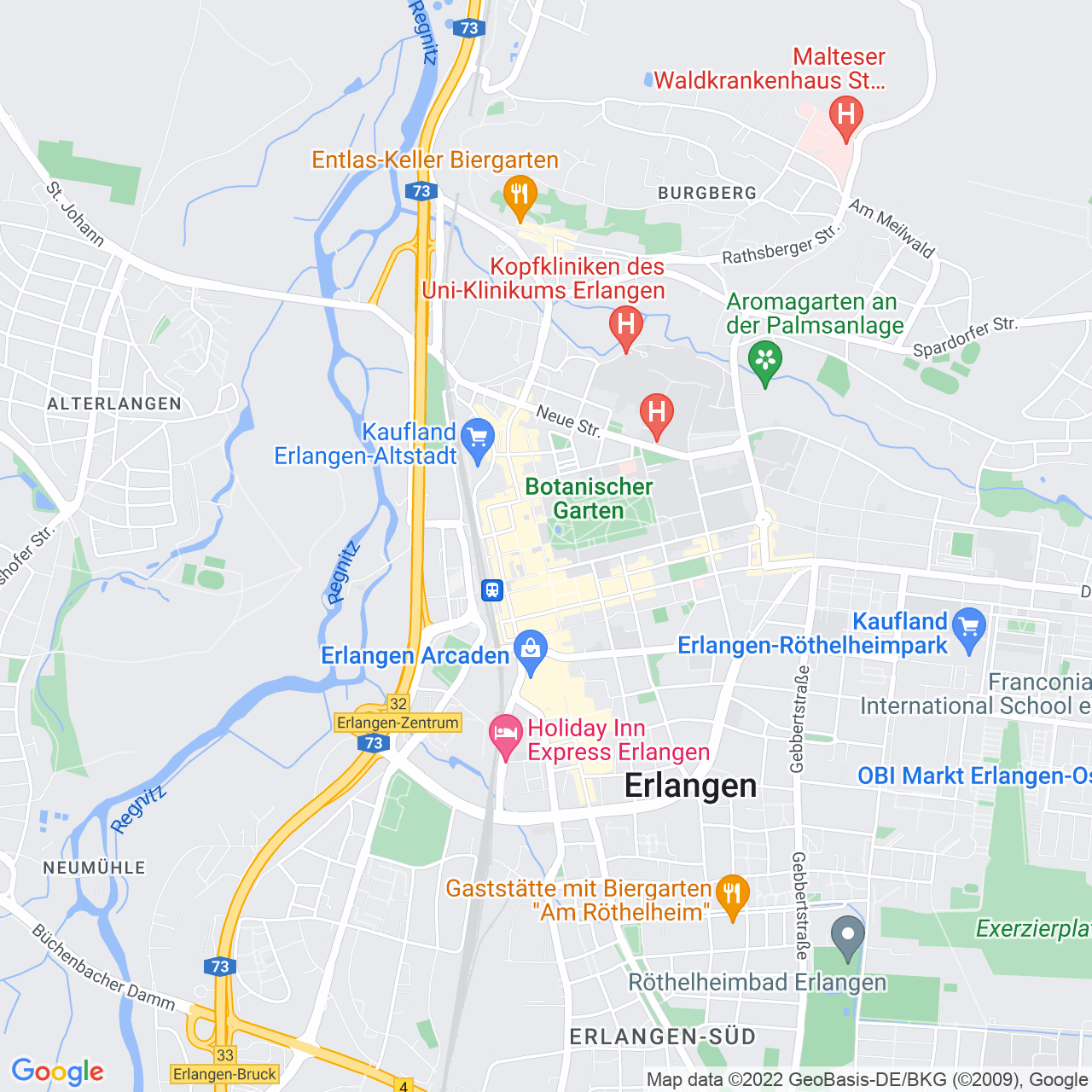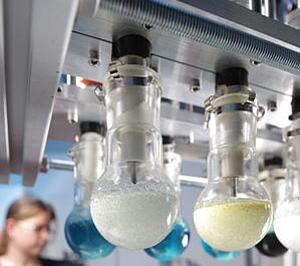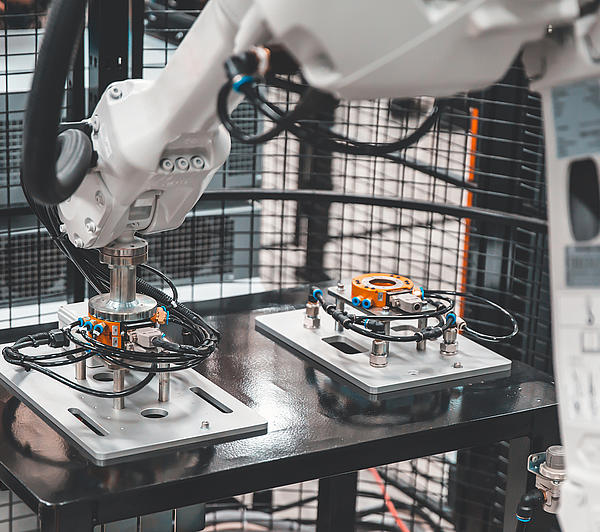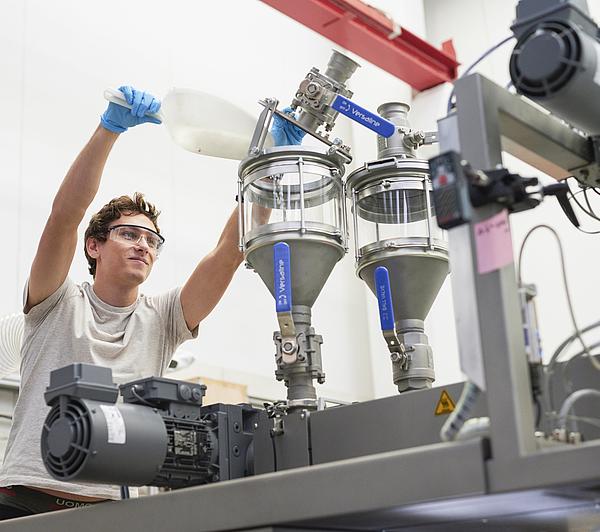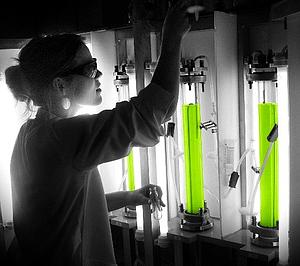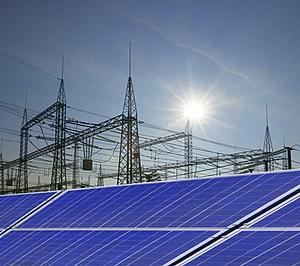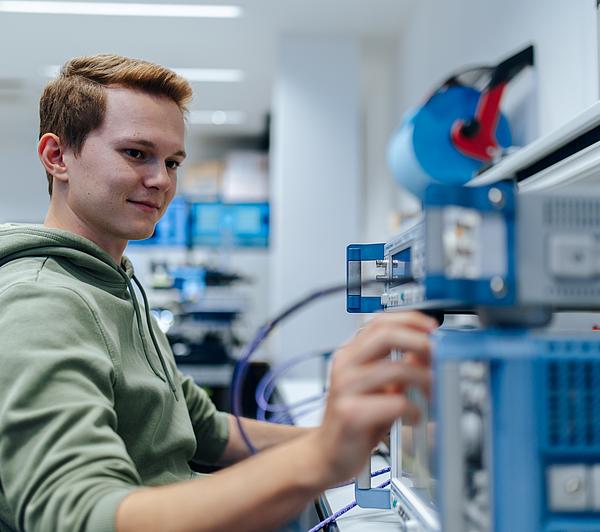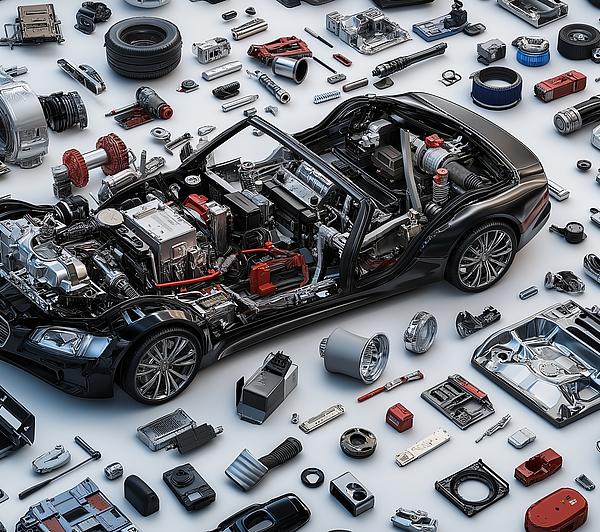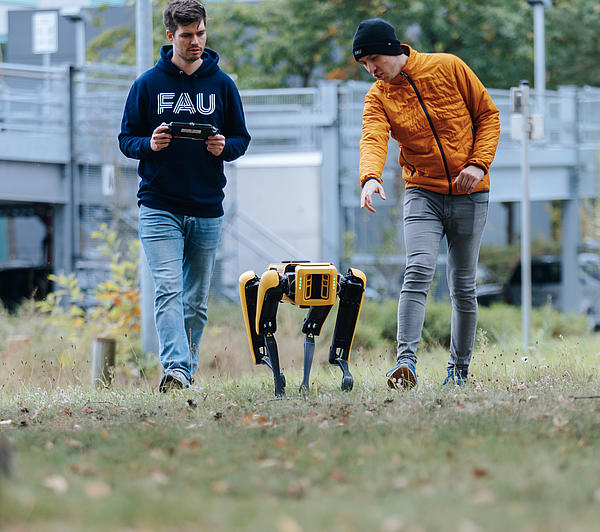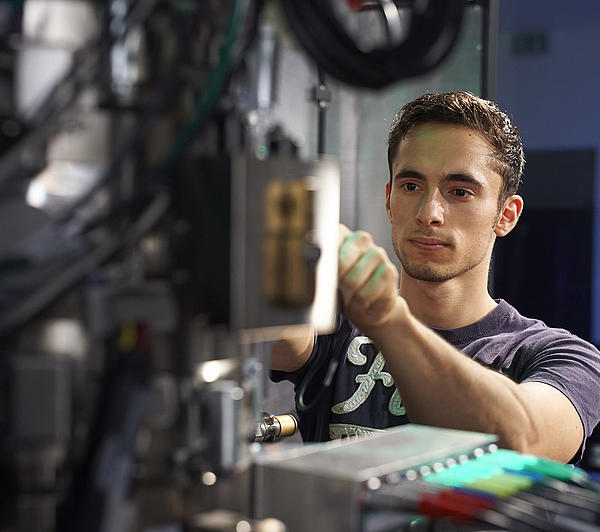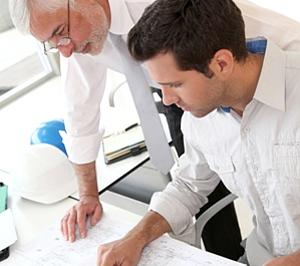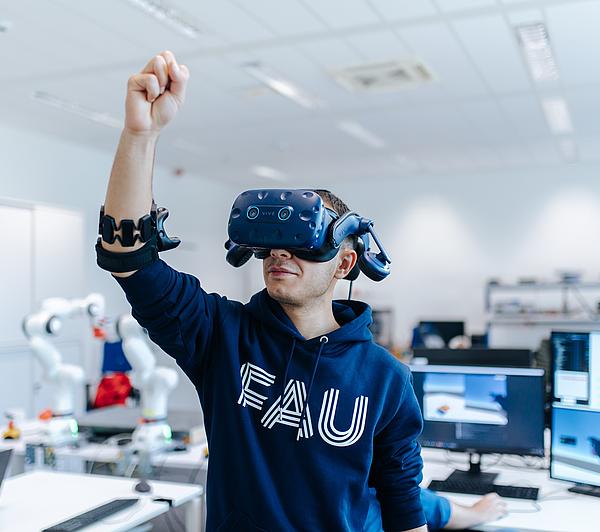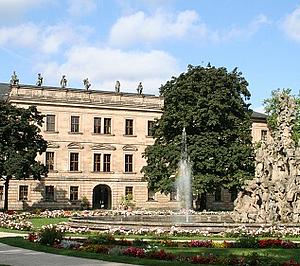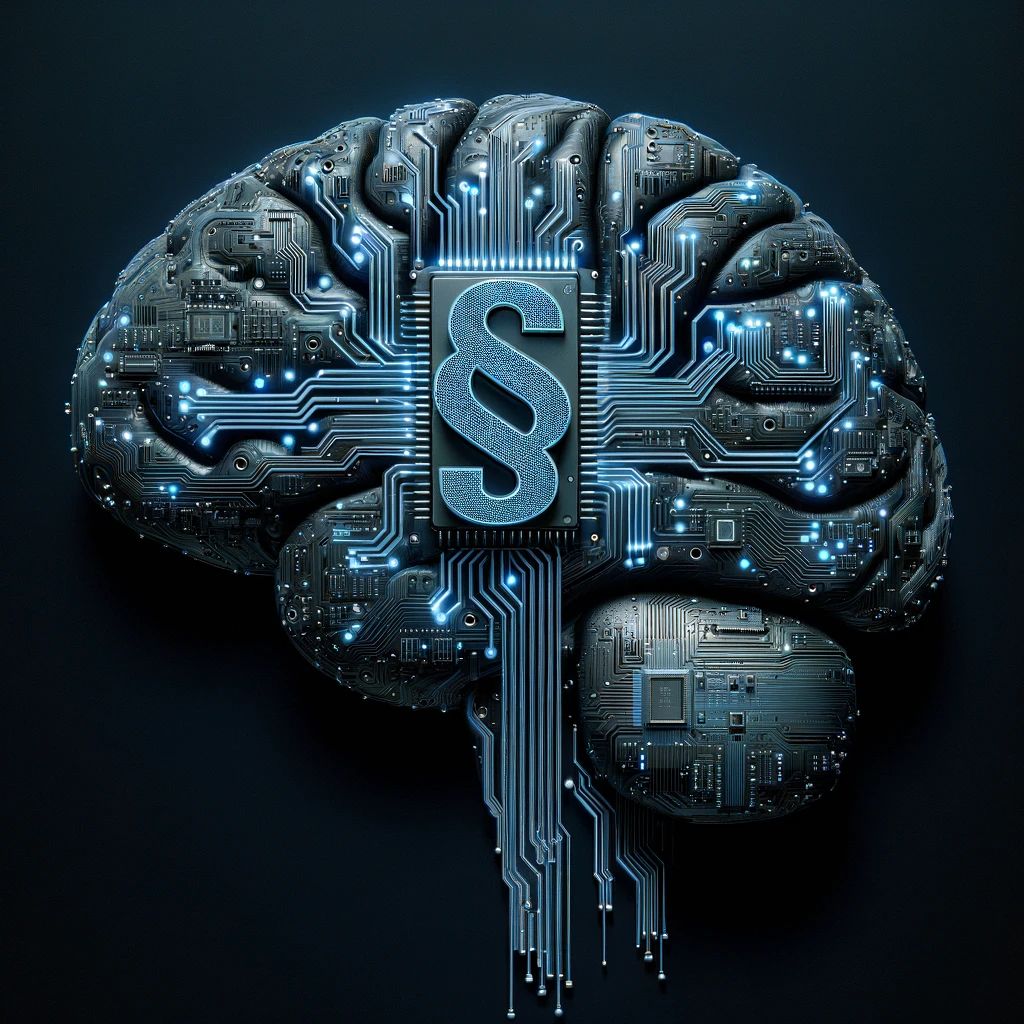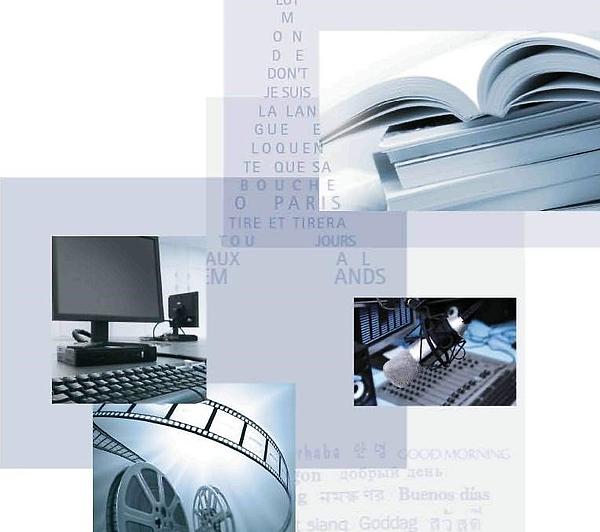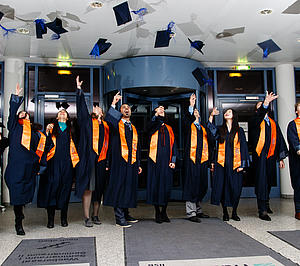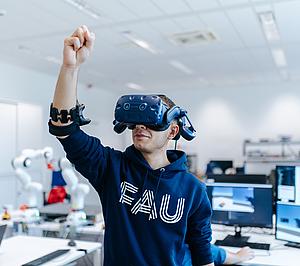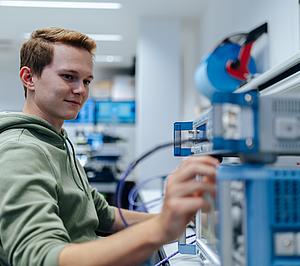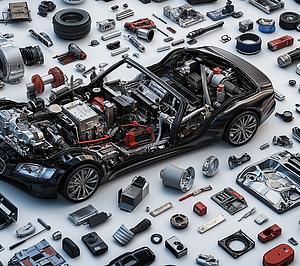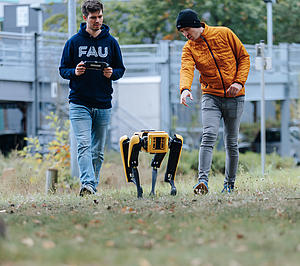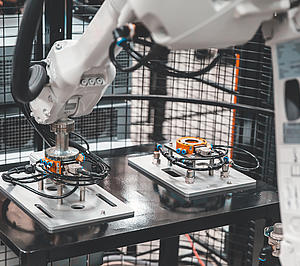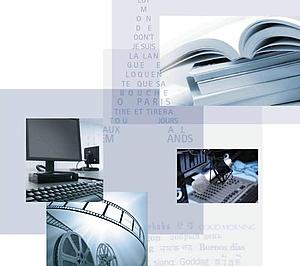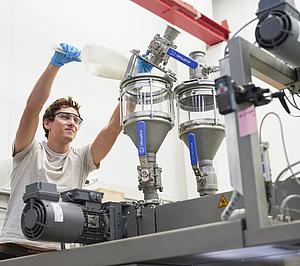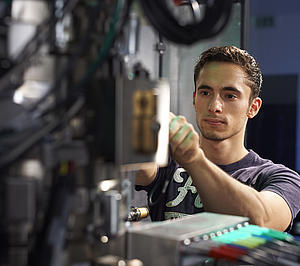Unique study combination of lectures and tutorials, research projects and scientific skills seminars; individually tailored curriculum
Advanced Materials and Processes (MAP) is a combination of Materials Science and Engineering with Chemical and Biological Engineering. These disciplines play a key role in the development of novel technologies – without new materials, a great range of key inventions from digital computers or jet engines to customised medical implants would not have been possible. Novel materials with new functionalities or improved properties, however, require specifically designed, economically and environmentally sustainable production processes – which might themselves depend on the development of new catalyst materials. This intimate connection between processes and materials is of key importance for advances and innovations in virtually any field of technology. Chemical and Biological Engineering and Materials Science and Engineering are thus highly intertwined fields, which are, however, traditionally treated as separate subjects.
MAP is an English-taught, interdisciplinary Master’s program and provides a unique curriculum for the next generation of engineers. Students follow an individually tailored curriculum to learn the fundamentals of Chemical and Biological Engineering and/or Materials Science and Engineering in small groups. Four focal subjects allow the students to further deepen their knowledge in key technological areas:
- Advanced Processes
- Biomaterials and Bioprocessing
- Computational Materials Science and Process Simulation
- Nanomaterials and Nanotechnology
MAP is a highly-selective, accredited, two-year Master’s program. It is characterised by a low student-to-faculty ratio, early involvement in cutting-edge research through mini-projects and literature reviews, special events such as summer schools and workshops (as well as events organised by the ENB), the availability of educational grants, and personal support from the MAP team. Furthermore, students can gain additional qualifications for an academic career or for a career in industry through specialised modules with extra credits. A high percentage of MAP graduates continue to pursue a PhD, but MAP graduates are also highly sought after by industry, with typical destinations including the automotive, aerospace, oil and gas, food technology, health and safety, and pharmaceutical sectors.
Scientific Environment
MAP is embedded in the Faculty of Engineering of the FAU. Local research centres such as the Fraunhofer Institute for Integrated Systems and Device Technology (IISB), the Max Planck Institute for the Science of Light, the Helmholtz Institute for Renewable Energy Production (HI-ERN), the Institute of Advanced Materials and Processes (ZMP), the Neue Materialien Fürth GmbH (NMF), the Erlangen Catalysis Resource Center (ECRC), and Energy Campus Nürnberg complement the unique research environment in materials and processes.
Prospects
MAP graduates have very good prospects on the national and international job market.
They are particularly sought-after specialists in the research and development departments of industry as well as in production and technical sales. They find attractive professional positions in the relevant industries (e.g. automotive, pharmaceuticals, chemicals, electronics, semiconductors), but also in companies that use the corresponding products as semi-finished products or accessories. Also in governmental research and project management as well as in independent consulting firms and in management, MAP graduates are sought after.
General information
- Degree: M.Sc.
- Programme duration: 4 semesters
- Study location: Erlangen
- Admission requirements: Applicants are required to have a very good Bachelor’s degree in Chemical and Biological Engineering, Materials Science and Engineering or related subjects
- “NC” subject / pre-study internship: no; allocation of study places after written application based on performance criteria
- Teaching language: English
- Application deadline:
- 31 May
- Recommendation for non-EU applicants (due to visa application): 31 March

